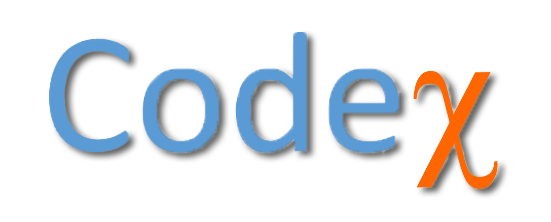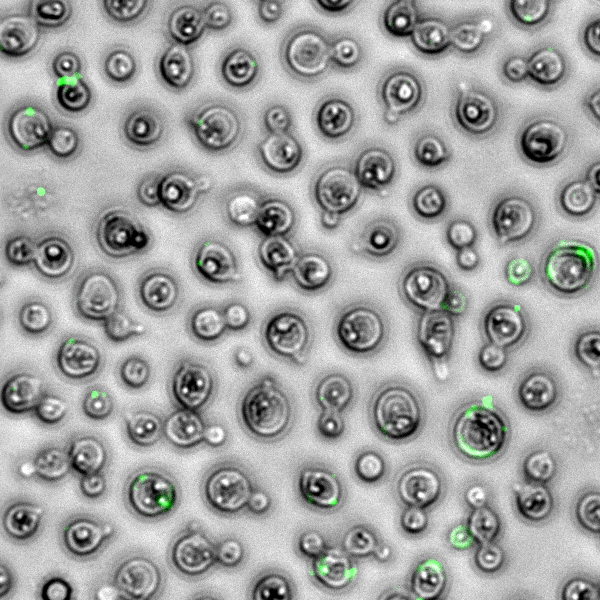Human pathogenic fungi can cause severe systemic infections, especially in immuno-suppressed patients. The molecular mechanisms leading to efficient defence against an invading fungus are poorly understood at present. Investigations into infections by Cryptococcus neoformans suggest that the composition of the cell wall is essential for the virulence of the fungus. Like some other pathogenic fungi, C. neoformans replaces the chitin (poly-N-acetylglucosamine) in its cell wall by chitosan which is synthesized by partial deacetylation of the nascent chitin chains catalysed by chitin deacetylases (CDAs). Oligomeric chitin functions as a typical microbe-associated molecular pattern (MAMP) which is recognised i.a. by Toll-like receptor 2 (TLR2), fibrinogen C domain containing 1 (FIBCD1) or LYSMD3 of the human immune system. Conversion of chitin to chitosan by its four different CDAs (CnCDAs 1-4) presumably allows C. neoformans to escape recognition by its host’s immune system. The enzymes are considered as important virulence factors of the pathogen, preventing degradation of chitin by human chitinases to immuno-stimulating oligomers. In this project, we will address, as an interdisciplinary consortium, this hypothesis by (1) analysing the substrate specificities of the fungal CnCDAs and of the human chitinolytic enzymes chitotriosidase (ChT), acidic mammalian chitinase (AMCase), and lysozyme, (2) investigating the amount and structure of the chitosans in the fungal cell walls of different human pathogenic fungi upon in vitro cultivation or in materials from in vivo infections, and (3) testing the immuno-stimulatory effect of chitosans and their enzymatic degradation products towards epidermal cells and immune cells. The project will lead to a better understanding of host-microbe interactions and will contribute to the development of anti-infective strategies in the case of fungal infections.
______________



